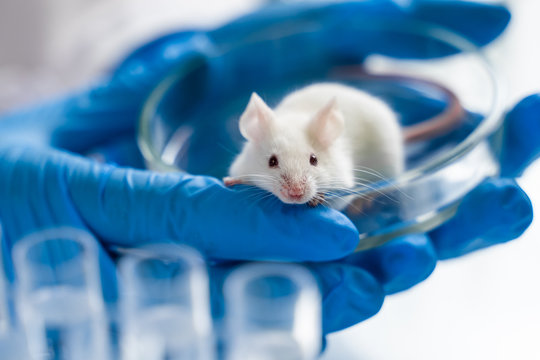
A Brief Overview of Animal Primary Cells

Summary
Animal primary cells are isolated directly from healthy or diseased tissue via an enzymatic, chemical, or mechanical process. These cells can be taken from the animal’s kidney, liver, skin, or another organ. Once removed from the in vivo environment, these cells are then placed in an artificial (in vitro) environment for propagation.- Author Name: AcceGen R&D Team
Animal Primary Cells
Animal primary cells are isolated directly from healthy or diseased tissue via an enzymatic, chemical, or mechanical process. These cells can be taken from the animal’s kidney, liver, skin, or another organ. Once removed from the in vivo environment, these cells are then placed in an artificial (in vitro) environment for propagation.

When in an in vitro environment, animal cells must be carefully cultured. This includes ensuring that the cells are supplied with essential amino acids, vitamins, serum, and glucose needed for proper growth.
Many animals can provide cells suitable for research purposes, including mice, rats, dogs, cats, rabbits, monkeys, horses, and chickens. The cells obtained from these animals can be classified in two distinct types: adherent and suspension.
Adherent cells are grown in monolayers that are attached to a substrate. Most animal cells fall into this category. Suspension cells (or anchorage-independent cells) are grown in a free-floating liquid environment; they carry the advantages of faster growth and easier maintenance demands.

As a laboratory technique, the process of isolating animal primary cells and propagating them in vitro dates back to 1907, and became widespread by the middle of the century. Today, this process is widely valued for enabling research into various cellular phenomena while circumventing the need for experimentation on live animals.
Uses of Animal Primary Cells
Animal primary cells have proven to be highly beneficial in biotechnology research and many other life science applications. By studying these cells in an in vitro environment, they can provide valuable data pertaining to various human diseases and drug interactions. These types of cells have been used for:
- Vaccine production
- Development of pharmaceutical drugs, including toxicity testing
- Metabolic studies
- Immunological studies
- Study of cell cycle mechanisms
- In-vitro fertilization technology
- Gene therapy
Animal Primary Cell Lines Vs. Continuous Cell Lines
While modern research applications rely heavily on animal primary cell cultures, it is also true that continuous animal cell lines have played, and continue to play, an important role in biomedical breakthroughs. A continuous (or indefinite) cell line is one that has undergone immortalization, i.e., it develops the ability to passage indefinitely and avoid senescence. Immortalization can occur naturally or through artificial means, such as exposure to a chemical mutagen or viral infection.
In contrast with this, animal primary cell lines are finite in nature. After a certain number of cell generations, they eventually lose the ability to proliferate and become senescent.
Both types of cell lines have their advantages and disadvantages. Continuous cell lines include the obvious benefit of indefinite proliferation. This allows researchers to devise multiple experiments over an extended period of time that are based on the same cell line. These cell lines are also easier to maintain.
However, animal primary cells offer research benefits that indefinite cell lines cannot equal. Primary cells are considered more representative of in vivo conditions, and for that reason are more likely to produce accurate research data than continuous cell lines, which have undergone laboratory-induced modifications.
AcceGen offers more than 550 different lots of animal primary cells for research use. To learn more, please visit us online at AcceGen.com.
About AcceGen
Established in 2016, AcceGen is a leading biotech company that distributes genomic research solutions to organizations and researchers active in the fields of pharmaceutics, biotechnology, cell biology, and specialty ingredients. AcceGen is currently headquartered in Fairfield, New Jersey.
